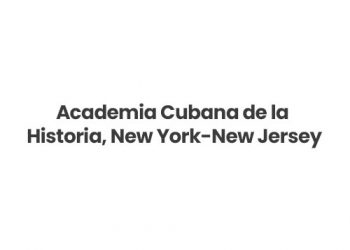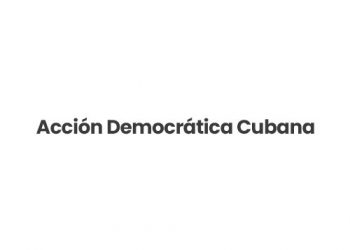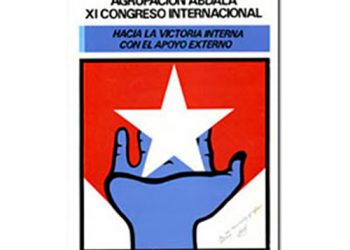The Cuba Study Group is a non-partisan, policy and advocacy organization comprised of Cuban-American business leaders and young professionals who share a vision of a free, sovereign, inclusive and prosperous Cuba that provides opportunities for all of its citizens to fulfill their aspirations.
They aim to put their collective experience in leadership skills, problem solving, and wealth creation at the service of the Cuban people. By helping to remove both external and internal obstacles, they seek to facilitate change, empower individuals and promote civil society development in Cuba. They oppose the U.S. embargo of the island.
The organization does not receive, nor accept, funding from any U.S. government source, or government-funded subcontractor.
CORE BELIEFS
Cuba’s Sovereignty
Believe that Cuba’s sovereignty is inviolable and must be respected, but also believe that sovereignty rests on free people freely choosing their own destiny.
One Cuban Nation
Believe in one Cuban nation, diverse, but not divided, where all Cubans share equal rights and responsibilities regardless of their place of residence or political views. Promote a process of reunification for the Cuban nation and its diaspora.
Respect for Human Rights
Believe that human rights are intrinsic to humanity, and the fundamental role of the state is to guarantee these rights. Believe that human rights include economic rights and accept the Universal Declaration of Human Rights as the fundamental basis upon which Cuba’s future should be built. Cuba has become a signatory of the International Covenant on Economic, Social and Cultural Rights and the International Covenant on Civil and Political Rights and we urge the Cuban government to ratify these commitments.
Civil Society
Encourage the development of a strong, independent and diverse civil society. A strong civil society is the best guarantor of democratic values. Widespread citizen participation in national affairs through its civil society strengthens the nation and its institutions.
Cuba’s civil society includes democracy advocates. Unequivocally support their right to participate in national affairs and respect and value their diverse perspectives. Welcome policies and programs that encourage and promote civil society formation and strengthening, but reject policies and practices that do not respect its autonomy and independence.
Religious Institutions
Believe in a fundamental separation of church and state, but appreciate the rich contribution of faith to our society’s values and richness. All churches are fundamental pillars of a vibrant and strong civil society.
However, because of its history, depth and institutional capacity, believe that the Cuban Catholic Church has played a crucial role in Cuba’s delicate transitional process. The Catholic Church’s unique position in Cuba’s society, its ethics, doctrine and values, can help shape the dialogue about Cuba’s future, as well as facilitating the spaces and processes whereby such dialogue can occur.
While they value cooperation with the Cuban Catholic Church, they are not affiliated with any religious institution or denomination.





